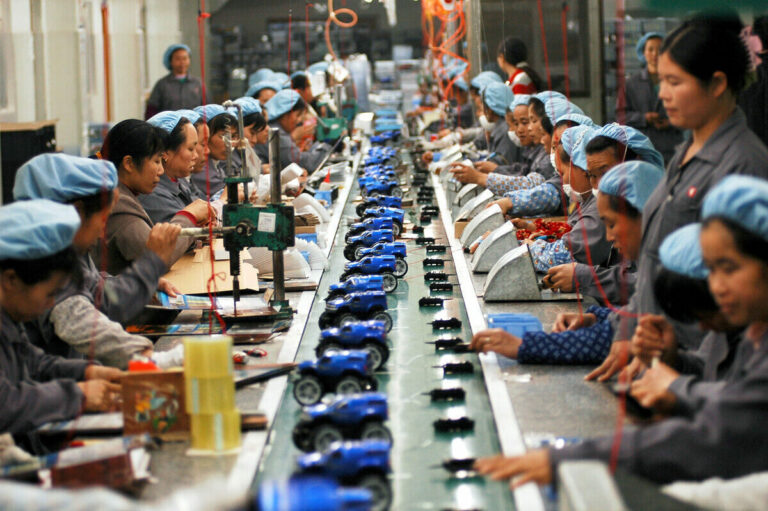labour shortage
Hungary’s labour market tightens: Guest workers become essential due to shrinking workforce

More and more industries in Hungary dependent on guest workers: new reality of the labour market?

Hundreds of Chinese guest workers are set to flood a tiny town in southern Hungary

Government crackdown on guest workers puts Hungarian jobs at risk

Guest workers flood Hungary’s service sector

Hungary urgently needs guest workers as rules tighten: here’s what they can now earn

PM Orbán’s brother named in shady guest worker recruitment scheme

Hungary’s healthcare crisis: Government considers importing thousands of health workers!

Hundreds of guest workers in Hungary expected for new battery factory — recruitment starts soon

Hungarian employer denies mass recruitment of Filipino guest workers

Orbán: ‘Don’t let others decide unless you want millions of Ukrainian guest workers’

Rising costs and labour shortages drive Hungarian agriculture to hire Filipino guest workers

It’s strange: not the Orbán cabinet, but the EU supports Hungarian wage rise for teachers

Hungary prioritises workforce training to address labour market challenges

Hungarian minister highlights challenge of skilled labour shortage in Brussels

Number of jobseekers continues to fall in November

Filipino workers step in to milk cows in a small Hungarian village

Is Hungary’s safety at risk? Police face serious challenges





 ZH
ZH IT
IT DE
DE HR
HR NL
NL FR
FR JA
JA RO
RO RU
RU ES
ES TR
TR
